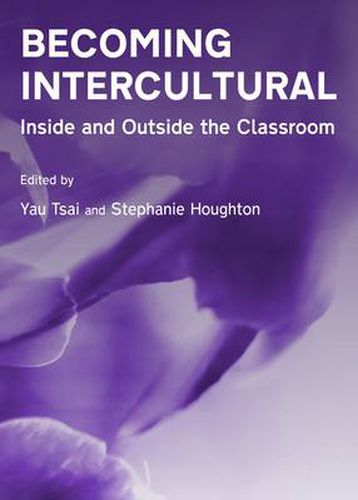Readings Newsletter
Become a Readings Member to make your shopping experience even easier.
Sign in or sign up for free!
You’re not far away from qualifying for FREE standard shipping within Australia
You’ve qualified for FREE standard shipping within Australia
The cart is loading…






As people move into the new era of the twenty-first century, they will have more and more opportunities to communicate and interact with others using foreign languages. While this will naturally generate wide-ranging intercultural experience, people may not be alert to it in everyday life, and teachers may not know how to address the issues that arise. This book starts by exploring what it means to be intercultural from different theoretical standpoints, before contrasting ways in which people do (or do not) become intercultural in both tutored and untutored ways, inside and outside the classroom. The main purpose of this book is to introduce the concept of interculturality, to examine how it can emerge in an unplanned way and to consider ways in which it can be more systematically addressed through education, particularly through foreign language education.
$9.00 standard shipping within Australia
FREE standard shipping within Australia for orders over $100.00
Express & International shipping calculated at checkout
As people move into the new era of the twenty-first century, they will have more and more opportunities to communicate and interact with others using foreign languages. While this will naturally generate wide-ranging intercultural experience, people may not be alert to it in everyday life, and teachers may not know how to address the issues that arise. This book starts by exploring what it means to be intercultural from different theoretical standpoints, before contrasting ways in which people do (or do not) become intercultural in both tutored and untutored ways, inside and outside the classroom. The main purpose of this book is to introduce the concept of interculturality, to examine how it can emerge in an unplanned way and to consider ways in which it can be more systematically addressed through education, particularly through foreign language education.